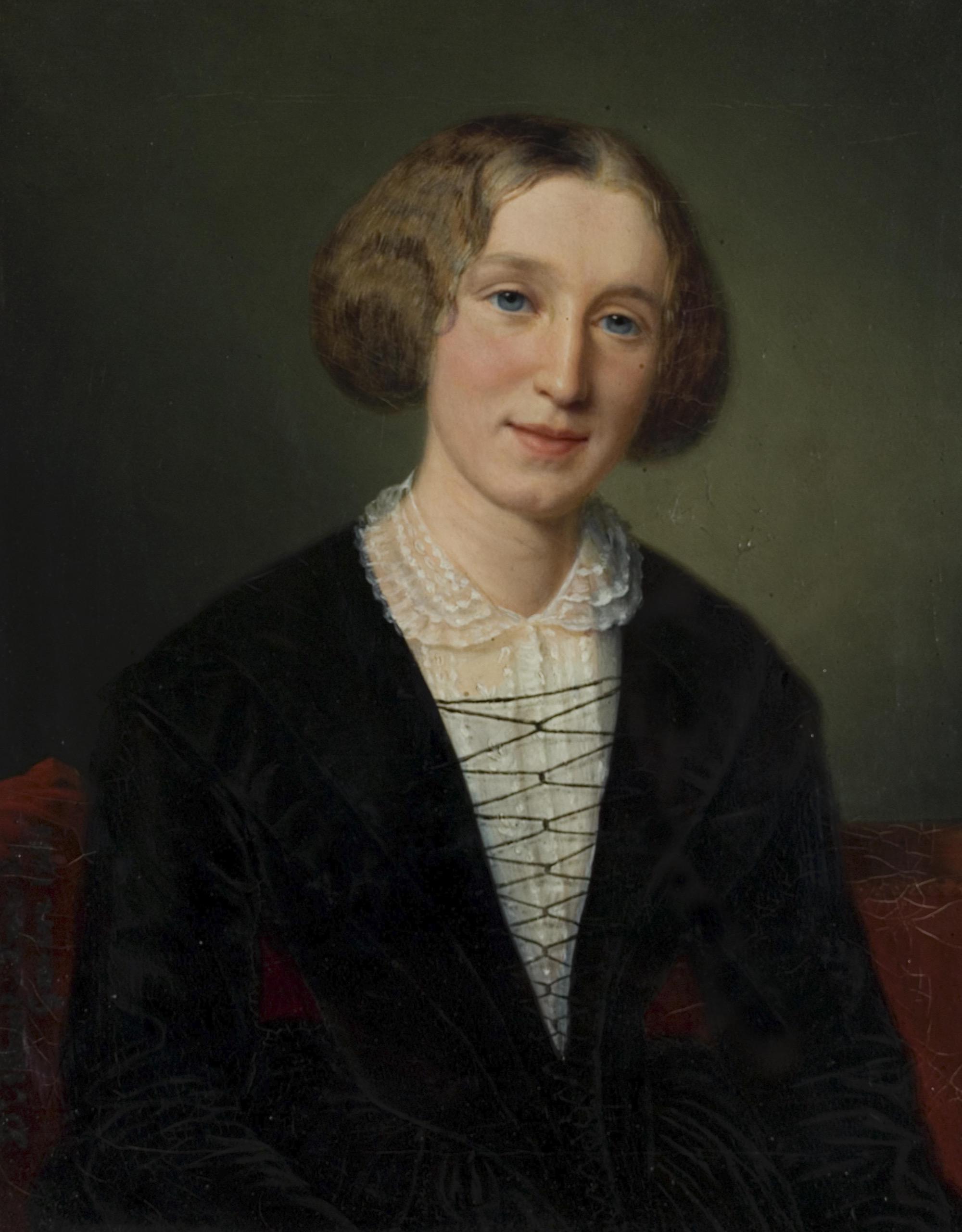If you like reading about philosophy, here’s a free, weekly newsletter with articles just like this one: Send it to me!
Dr Simionescu-Panait, welcome! It’s great to have you here for an interview on your new book, “The Reconciled Body,” which deals with the phenomenology of elegance. Before we go into the details of what this means, would you mind telling us a little bit about yourself? Who are you, where do you come from, and how has your career brought you to this question of the philosophy of elegance?
I’m still living in the city I was born in, which is Bucharest, Romania. I travel now and then, which is something I enjoy, but in contrast to many migrating academics, I stay and watch the same city slowly changing. It’s a bit like watching the weather change, an exercise in focus and patience.
I stumbled upon philosophy when asking myself what I wanted to do with my life. I had a good background in mathematics because of my father, who was an academic and mathematician, teaching at the University of Bucharest. Yet I was drawn to the arts. I can say I’ve tried most of them, except dancing. Music is what I love the most. When I was about 14, I wanted to play the songs I loved on my own, so I took up guitar. I had a four-year training period in classical guitar before switching to electric guitar. Playing is a form of getting in tune with alterity, anticipating, and harmonizing with the other. What I learned then later facilitated the listening competencies I needed in my job as a philosophical counselor.
Being reasonably good at hard sciences but wanting to pursue a more humanistic career brought me to philosophy. At that time, I told myself I am going to study philosophy to better understand this ambivalence of mine. But then, I started to enjoy philosophy on its own, especially its capacity to make one understand the subtleties of relating to a thinking other. Up to this day, I do not enjoy purely formal philosophical affairs. Nor do I promote a kind of “philosophy for the masses” approach, screaming “applied philosophy,” as in “useful philosophy.” Reflection is an intimate but partially abstract experience that can be shared. It is a customized experience, not unique but fairly individualized. I naturally arrived at Husserlian phenomenology because of its focus on experience. Despite producing difficult texts, there is something personal yet lucid, even generous in Husserl’s texts, a trait I also find in another philosopher who taught me how to philosophize: Aristotle. You can see how both do their best to explain their thinking and the shifts it implies, without trying to embezzle the reader, to look smart, or to be intellectually intimidating.
Read the full article which is published on Daily Philosophy (external link)







